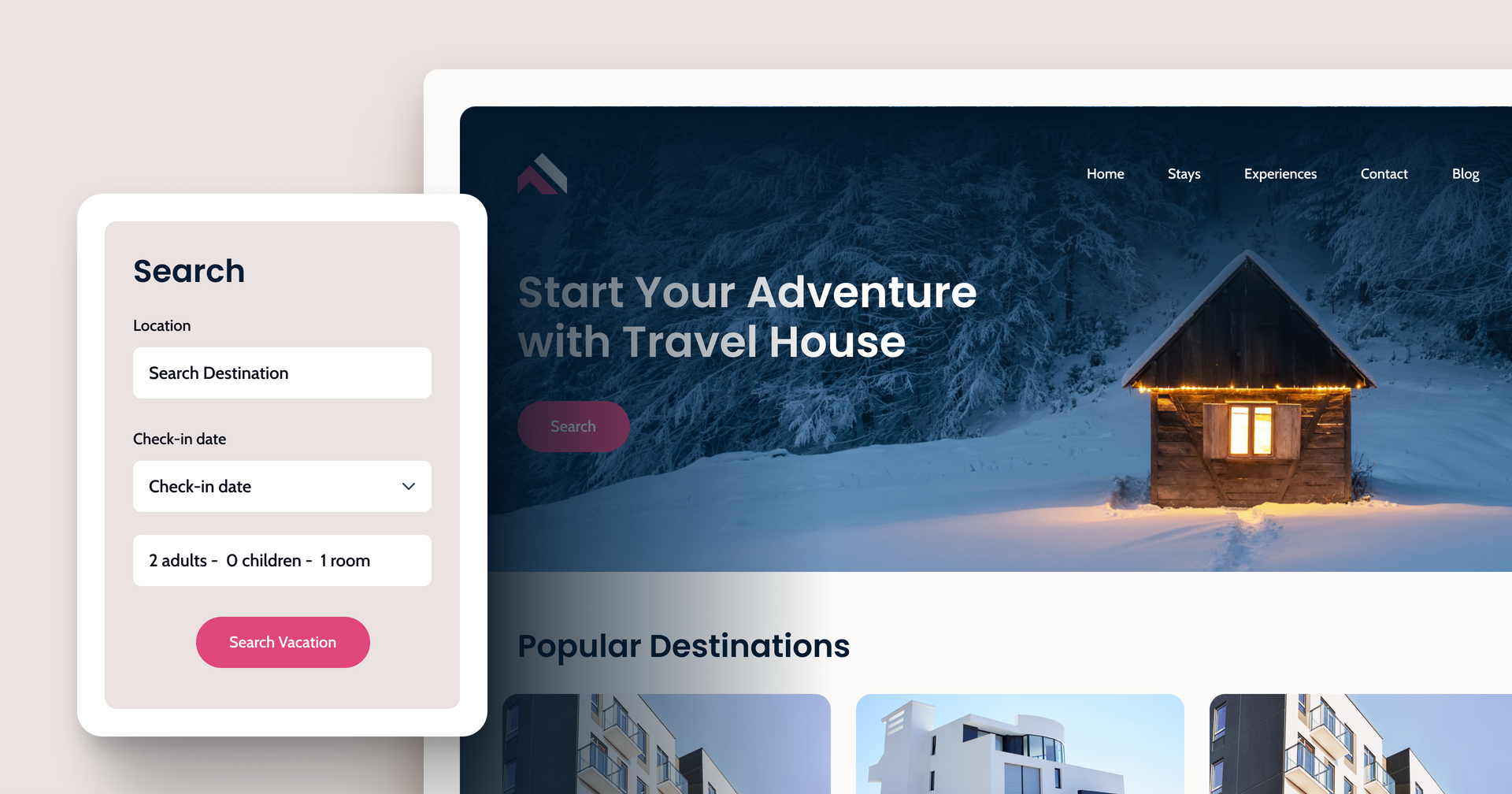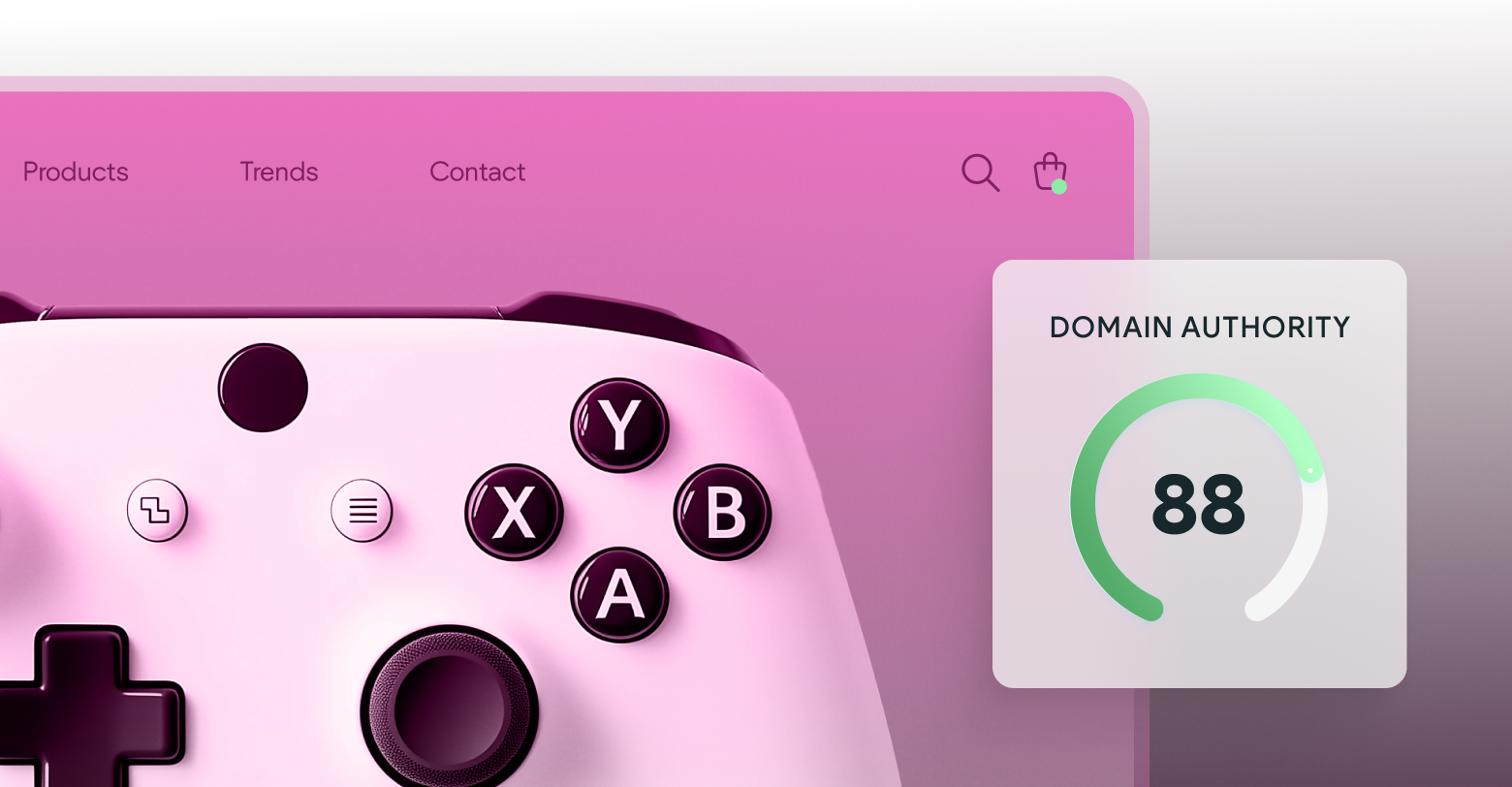You’ve heard the saying before, “Don’t put all your eggs in one basket.” Retailers shouldn’t depend on marketplaces to sell their products, restaurants shouldn’t depend on social media websites to share their menus, and rental companies shouldn’t depend on third-party booking platforms to acquire new reservations.
Owning a little corner of the internet empowers a small business to curate their own narrative—without additional fees, distracting third-party branding, or egregious platform fees. However, creating a booking site is no easy task. Managing reservations can seem Herculean-enough as-is. Embedding that system into a responsive, high-conversion website? That’s quite the ask for an SMB.
That’s where
vertical SaaS companies come in. These industry professionals offer all-in-one software tailor-made for businesses looking to manage their reservation-based business. From renting cars or booking vacation properties, these SaaS companies exist to streamline the back-office.
When they embed this software directly into a website, SaaS companies can unlock a world of benefits for their end customers - and drive adoption and stickiness for their own technology.
Lower distribution costs
Websites like Turo, Airbnb, and others provide an easy way to acquire new clients, but not for free. Platforms like these often charge businesses fees as high as 20% in commissions. Booking.com, for example, charges short term rental owners an
average commission fee of 15%. Airbnb
charges 17% by combining a 3% commission fee with a 14% surcharge
While listing on these platforms may be unavoidable, it isn’t an SMB's only option. When SaaS companies offer their SMB clients the ability to accept bookings directly from an owned website, they’re also offering them a way to dodge these exorbitant fees. That’s a
direct value-add for your end customer.
Higher brand awareness
Owning a website is much like owning a retail location. Clients have the opportunity to decorate their space however they like to perfectly accentuate their brand. In contrast, listing on a booking website is more comparable to owning a stand within a mall. While they may be able to decorate a little, the space ultimately isn’t theirs.
For savvier clients, owning a domain unlocks a world of SEO and PPC marketing that can supercharge their brand. These clients could bid on keywords, run social media ads, or optimize their content for local queries—all cumbersome or impossible to do using third-party booking platforms.
These efforts are further improved with direct access to visitor data. Your SMB clients can see what content is working and what isn’t, and modify it to further refine their brand.
Better relationships with guests
Owning the website means owning the experience and, more importantly, the data. SMBs can combine information gathered from their website with booking data from your software to create tailored communications that excite and delight guests. Whether that’s personalized thank-you emails, coupons, or retargeting campaigns—the possibilities are endless.
This is a serious improvement over third-party booking platforms, where your clients may be limited to simple chat-based communication with their customers. These platforms may not share impression data, customer emails, or engagement metrics with your clients—leaving them in the dark when it comes to their own customers.
Longer bookings
VRM intel found that, compared to websites like Airbnb and Vrbo, customers often chose longer stays when booking direct. In fact, Airbnb bookings were 53% shorter than direct bookings on average. That means it would take more than two Airbnb reservations to equal one direct reservation.
For property rentals, fewer turnovers means less cleaning, reduced wear-and-tear, and, if your client is managing the property themselves, additional free time.
Why don’t more SMBs have direct booking websites?
So, you've seen the benefits. Your obvious next question might be, “If direct booking is so great, why isn’t everyone doing it?” The answer is simple—these businesses haven’t found the right partner yet.
Vanishingly few SMBs have any kind of software or IT-oriented employee on their team. For a brochure-style website, that really isn’t a big deal. However, for complex web applications like booking websites, this can prove to be a real hurdle.
Vertical SaaS companies can solve this problem by combining the technology they’ve already developed with an industry-leading, white-label website builder. This marriage of front-end and back-end technologies creates the perfect solution—a verticalized website builder.
Imagine, for instance, a small business renting water vehicles, like boats and jet skis, on the beach. The owner of this business is somewhat savvy but is by no means a developer. A SaaS company with an integrated website builder can offer a complete drag-and-drop experience, complete with booking-oriented templates and widgets that make it easy for their customers to assemble a gorgeous website in no time.
This is a dramatically improved workflow over how other direct-booking solutions work today. The watercraft rental operator didn’t need to install any plugins, interact with any front-end code, or navigate to a new platform. Everything was managed seamlessly within the verticalized SaaS company’s platform, creating a fluid and painless experience.
Talk to an
expert today to learn more about how your SaaS company can begin offering direct booking websites to clients with our white label website builder.








